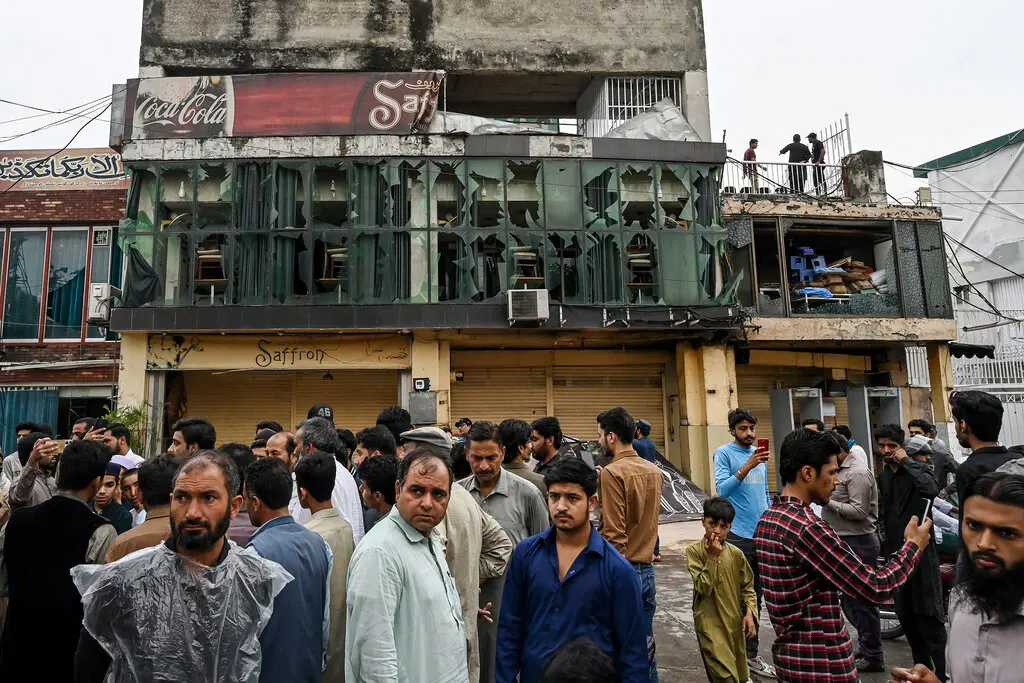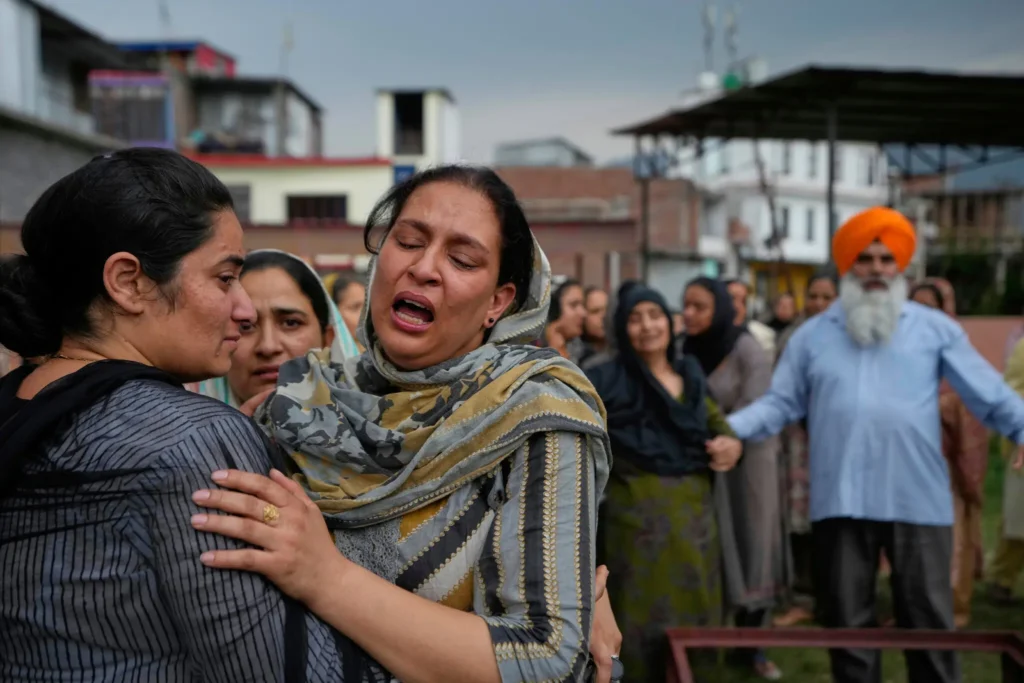India-Pakistan Conflict Escalation: A Dangerous New Phase
The India-Pakistan conflict has escalated dramatically in early May 2025, marking the most intense military confrontation between the two nuclear-armed neighbors in decades. The current crisis traces back to a terrorist attack on April 23, 2025, in the Baisaran Valley of Jammu and Kashmir, where 26 civilians-including Hindu and Christian tourists and a local Muslim-were killed. The attack, claimed by the Resistance Front (TRF), ignited a fierce response from India, which accused Pakistan of sponsoring cross-border terrorism, a charge Islamabad denies.
Indian Missile Strikes and Pakistani Retaliation
Following the attack, India launched a series of missile strikes on May 7, targeting militant groups such as Jaish-e-Mohammed and Lashkar-e-Taiba believed to be operating in Pakistan and Pakistan-administered Kashmir. Pakistan reported that these strikes hit civilian areas, including mosques, resulting in at least 31 civilian deaths, including children. India, however, insists its strikes were aimed solely at terrorist infrastructure.

In retaliation, Pakistan claimed to have intercepted Indian aircraft and launched missile and drone attacks targeting Indian military installations and cities, including Lahore, Karachi, and Rawalpindi, the latter hosting Pakistan’s army headquarters.
Expansion of Hostilities Beyond Kashmir
The conflict has rapidly expanded beyond the disputed Kashmir border, with both sides conducting drone and missile attacks on each other’s territories, including major urban centers. India reported successfully blocking Pakistani drones and missiles aimed at over a dozen cities, many hosting air force bases. Pakistan, meanwhile, accused India of escalating aggression and vowed no de-escalation until India responds adequately to its strikes.
Impact on Civilians and Infrastructure
The military exchanges have caused severe disruptions. Several Indian villages near the border have been evacuated, and multiple airports in northern and western India were closed, leading to hundreds of flight cancellations. Pakistan also suspended flights from key airports like Karachi and Lahore.

The conflict has further strained diplomatic ties, with India suspending the Indus Waters Treaty, closing border crossings, expelling diplomats, and banning Pakistani nationals from entering India. Pakistan responded with reciprocal measures, including visa suspensions, trade restrictions, and suspension of the Shimla Agreement. The symbolic Wagah-Attari border ceremony was curtailed, and cross-border families have been affected by visa revocations.
Historical Context and Military Capabilities
This escalation is rooted in the long-standing animosity between India and Pakistan since their partition in 1947, with Kashmir remaining the most contentious issue. Both countries have fought multiple wars over Kashmir, and despite intermittent peace efforts, hostilities have persisted. The current standoff is the most severe since 2019, with both nations having significantly enhanced their military capabilities, including advanced aircraft, missiles, and drones.
International Reactions and Diplomatic Efforts
Internationally, the conflict has raised alarm due to the nuclear capabilities of both countries. Diplomatic efforts continue, but with limited success so far. The United States and other global powers have urged restraint and dialogue, though Pakistan’s military has declared there will be no de-escalation without a satisfactory response to India’s strikes.
Meanwhile, Pakistani civil society actors have called for peace talks, emphasizing the urgent need for dialogue to prevent further bloodshed.
Economic and Humanitarian Consequences
Economically, the conflict threatens regional stability. Analysts warn that increased defense spending and disrupted trade could strain Pakistan’s fragile economy, while India’s fiscal health may also be affected by heightened military expenditures. Tourism in Kashmir, a vital sector for local livelihoods, has come to a halt amid security concerns.
Conclusion: The Fragility of Peace in South Asia
In summary, the India-Pakistan conflict in May 2025 represents a dangerous escalation with wide-ranging humanitarian, economic, and geopolitical consequences. The cycle of attacks and retaliations, compounded by deep-rooted mistrust and unresolved territorial disputes, underscores the fragility of peace in South Asia. The international community continues to watch closely, hoping for diplomatic breakthroughs to prevent a full-scale war between two nuclear-armed neighbors.

